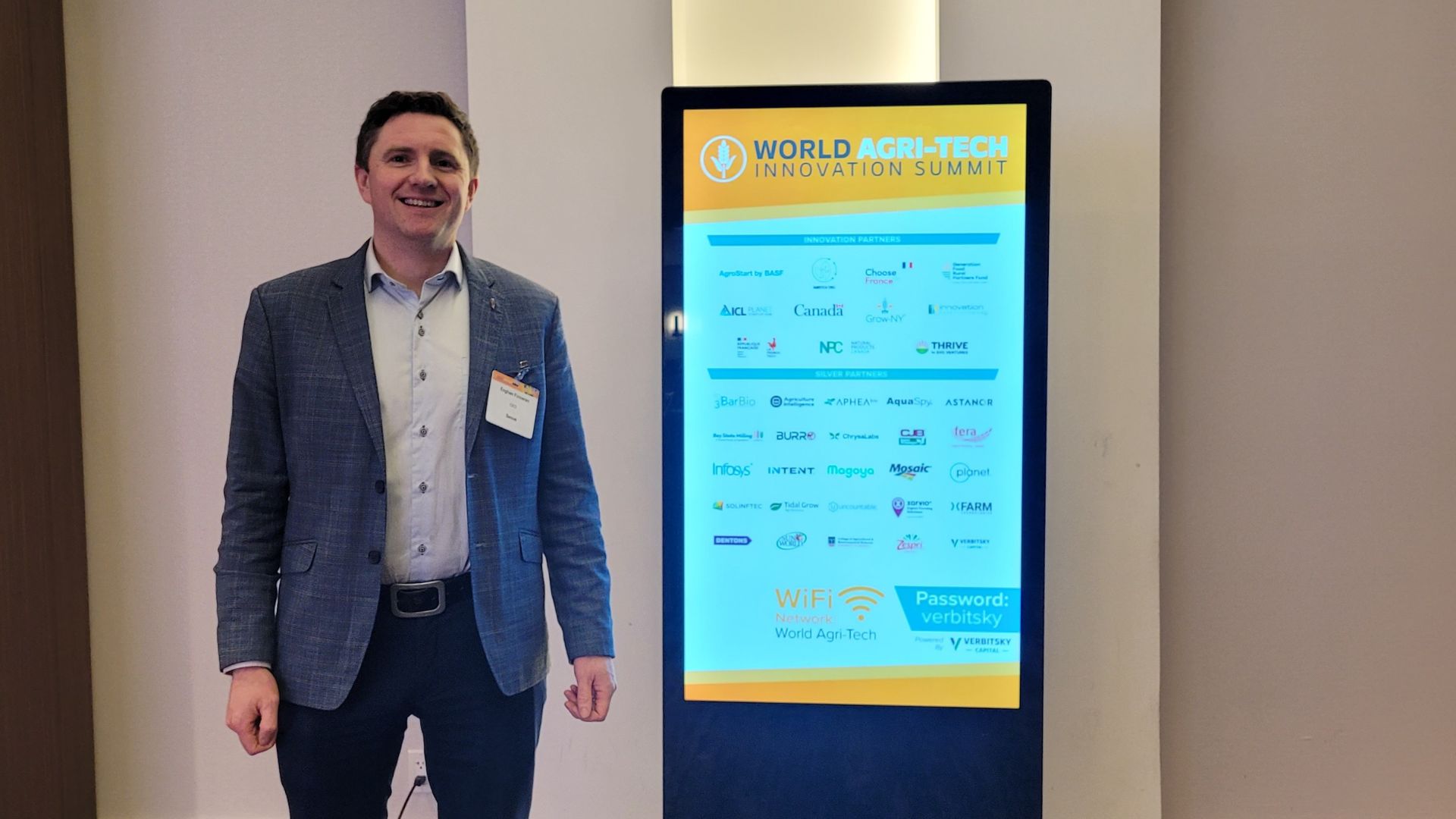The Corporate Sustainability Reporting Directive (CSRD) has introduced significant changes to sustainability reporting requirements, impacting numerous industries, including the food sector in the European Union. This law requires listed companies to disclose information about the risks and opportunities arising from social and environmental issues. On 31 July, 2023, the Commission adopted the first cross-cutting standards and standards for all sustainability topics. Last month, the European Commission announced a postponement of the CSRD reporting deadlines, offering some breathing room for companies navigating these new regulations. However, this extension also brings several implications that agri-food and beverage companies must carefully consider.
Background of the CSRD
The CSRD replaces the Non-Financial Reporting Directive (NFRD) and aims to enhance the quality, consistency, and comparability of sustainability information disclosed by companies. This directive mandates more detailed reporting on environmental, social, and governance (ESG) factors, affecting all large companies and listed SMEs within the EU.
Postponement of Deadlines
Originally, the CSRD was set to be phased in starting from the 2024 fiscal year, with initial reports due in 2025. However, for certain industry sectors, the European Commission has pushed back these deadlines by one year. The revised timeline means that large companies will now begin their CSRD reporting in 2025, with the first reports due in 2026. These sectors include:
- oil and gas
- mining, coal and quarrying
- road transport
- motor vehicles
- textiles
- agriculture and farming
- food and beverage
- real estate
- power production and energy utilities
- capital markets, insurance and banking
Implications for Agri-Food Companies
- Extended Preparation Time: This postponement offers food companies additional time to align their operations with the CSRD requirements. This extra period can be utilised to develop robust data collection systems, train staff, and integrate the relevant sector specific sustainability standards into their strategic planning.
- Enhanced Reporting Quality: With more time to prepare, companies can focus on improving the accuracy and completeness of their sustainability datasets, particularly farm-level scope 3 data. Taking an MRV (Measurement, Reporting and Verification) approach is critical here. This can lead to improved stakeholder trust, defence against greenwashing and a stronger market position.
- Investment in Sustainability Initiatives: The extension provides an opportunity for food companies to invest in and implement sustainability initiatives that can significantly improve their ESG performance. This proactive approach can ensure that companies not only achieve compliance but also establish themselves as sustainability leaders, using verified data to enhance company performance and environmental impact.
- Risk of Complacency: While the delay offers benefits, there is a risk that companies might become complacent, delaying necessary preparations. It is crucial for food and drink companies to maintain momentum and continue to prioritise their sustainability efforts and avoid a last-minute scramble.
- Competitive Advantage: Companies that utilise this extension effectively will gain a competitive advantage. Early adopters of comprehensive ESG practices can set benchmarks in the industry, attracting consumers, investors, and partners who value sustainability.
Maximising the CSRD Deadline Extension
The postponement of the CSRD reporting deadlines provides EU agri-food and beverage companies with valuable time to enhance their sustainability reporting and practices. However, this reprieve is not a reason to delay compliance efforts. Instead, this period should be used strategically to build robust systems, improve data quality, and invest in measurable and verifiable sustainability initiatives. By doing so, companies can ensure compliance and position themselves as sustainability leaders in a market where consumers and investors increasingly prioritise ESG factors.
If your business is involved in the agri-food and beverage industry or requires land-based data for Scope 3 reporting, get in touch with Senus today for a free demo of our MRV platform.
Eoghan Finneran
CEO at Senus



